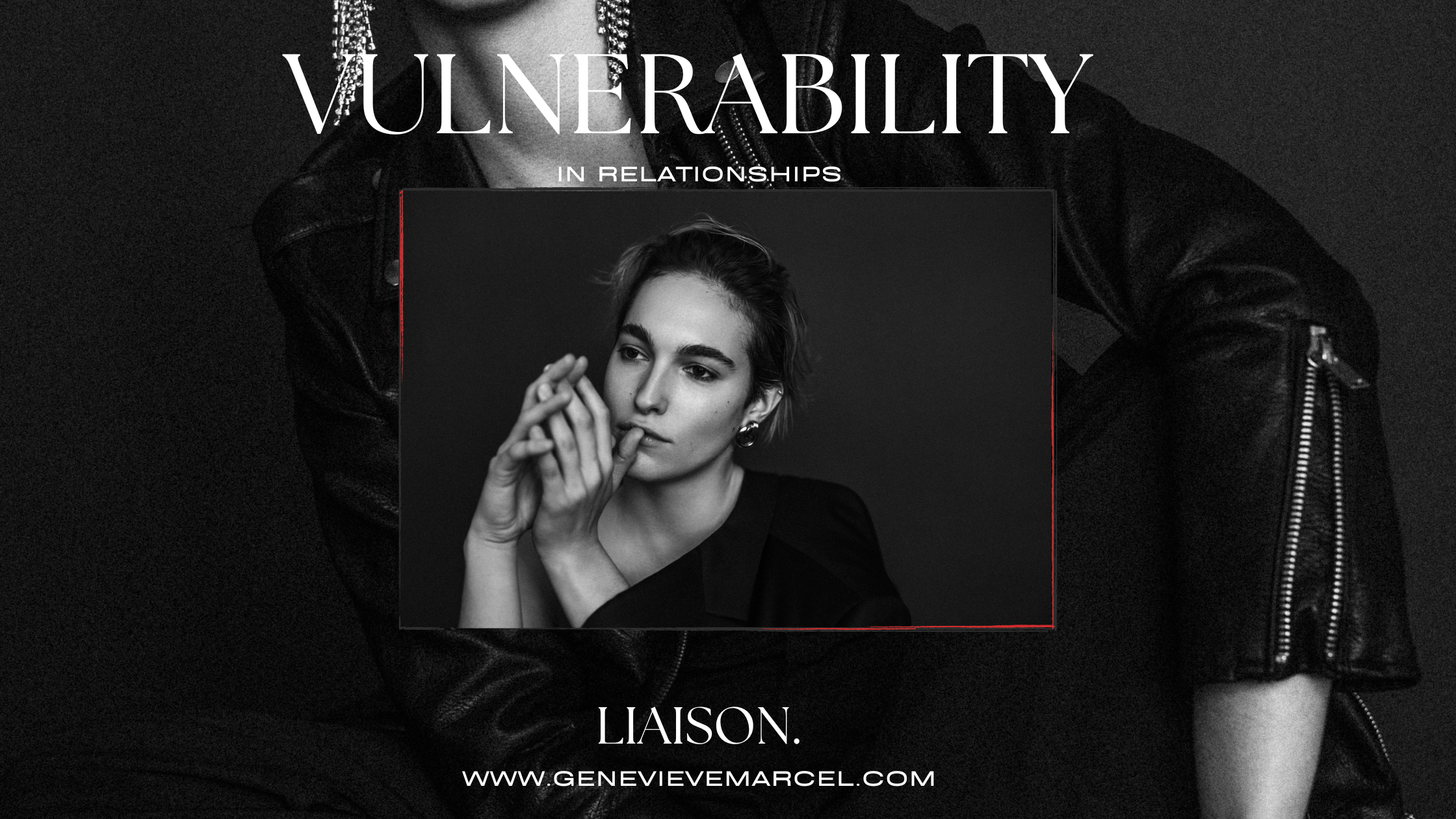Letting Yourself Be Loved: An Existential Sex Therapist’s Reflection on Vulnerability
Allowing someone to truly love you can feel like standing at the edge of a cliff—beautiful, expansive and terrifying all at once. In existential sex therapy, this fear is understood not as a defect but as a deeply human response to the risks inherent in intimacy. To accept love is to expose yourself and exposure awakens the parts of us most afraid of being seen.
As an existential sex therapist, I often witness how the longing for connection lives side by side with a fierce instinct for self-protection. Love requires vulnerability and vulnerability threatens the structures we’ve built to feel safe: control, independence, emotional containment or constant self-reliance. The closer someone gets, the more these defenses flare. Underneath them lie the existential anxieties we all carry—fear of rejection, dependency, loss, and the possibility that our unguarded self might not be enough.
This tension shows up in subtle relational patterns:
pulling away when a partner becomes emotionally present
expressing desire physically while withholding emotionally
downplaying needs to avoid feeling “too much”
seeking partners who remain just out of reach
feeling comfortable giving love but uneasy receiving it
These patterns are not evidence of being “broken.” They are evidence of a self that has learned to survive.
For my fellow lovers of attachment theory, this push/pull can present itself as disorganized attachment. From an existential sex therapy perspective, disorganized attachment reflects a history in which closeness has been both a source of longing and threat. Individuals with this pattern often grew up in relationships that felt unpredictable—where the caregiver was at times comforting and at other times frightening or unavailable. As adults, this can translate into an internal push-pull around intimacy: a deep desire to be loved paired with an equally strong impulse to withdraw, freeze or emotionally shut down when closeness feels overwhelming. An existential sex therapist understands these reactions not as deliberate avoidance but as adaptive survival strategies that once protected the self. Within the therapeutic process, clients learn to slow down, recognize the bodily and emotional signals that surface during connection and gradually build the capacity to remain present with both their longing and their fear.
In existential sex therapy, the aim is not to extinguish fear but to understand it. I often ask clients:
What part of you is afraid, and what is it trying to protect?
What would it mean to be loved without performing?
How have past experiences shaped the belief that openness is unsafe?
By approaching fear with compassion rather than judgment, clients begin to see their defenses as meaningful rather than problematic. With that understanding, softening becomes possible.
Allowing yourself to be loved is a practice of micro-risk—letting someone hold you, letting them witness a vulnerable truth, letting them stay. In sexual relationships, this risk becomes even more intimate. Being pleasured, expressing desire, or allowing yourself to receive requires surrender. Existential sex therapy helps clients tune into the bodily experience of this—tightness in the chest, trembling, a sudden urge to retreat—so they can meet these sensations with awareness rather than avoidance.
Intimacy is not about removing fear; it is about learning to stay present with it.
Letting someone love you means expanding your capacity to be seen while remaining grounded in yourself. It recognizes that love offers no guarantees, yet we seek it anyway because connection is part of our existential hunger. And often, it is in those small acts of opening that clients discover something profoundly liberating: love does not require perfection—only willingness.
To allow love in is, in many ways, one of the bravest acts a person can choose. It is also at the heart of what existential sex therapy invites: a life lived with greater presence, deeper connection, and the courage to show up as your authentic self.

